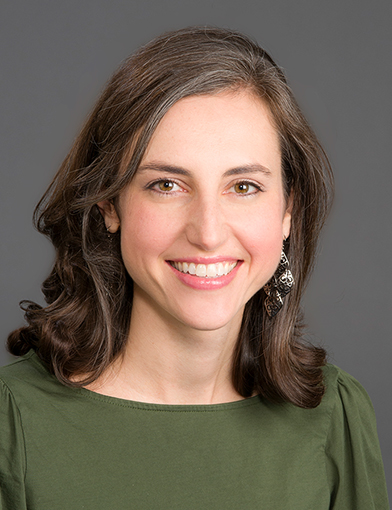
Not long ago, while discussing a patient case, one of my collaborating physicians told me he trusted me implicitly. That trust has been hard-earned over many years working together. I don’t take that for granted and know that the wrong misstep could shake the foundation of that trust. It’s not unlike the glass bowl that recently met its demise in my kitchen floor; one wrong move and a million tiny shards now cover the floor that can never be put back together to make something useful.
In recent years, our department of PA Studies adopted a set of shared value statements. One that resonates especially with me is “trust develops within respectful and inclusive environments.” Some of our PA students and graduates, as well as my own personal experiences, have prompted me to really reflect on what trust is and how it is both earned and lost. It is something that can be given so freely but can also be reluctantly required in the absence of other options. Regardless of the circumstances of how trust is given, it can easily be broken and may be impossible to repair. In this sense, I consider it to be fragile, something to be handled with care.
Earlier this year, Princess Kate Middleton divulged her cancer diagnosis amid a swarm of rumors about infidelity and other fractures in the royal family. I have such empathy for her suffering unfounded insults on her reputation to the point she was forced to share private health information on a global platform.
As a cancer survivor myself, I am familiar with the trust that is not earned, but necessary in the absence of other options. We entrust our very lives to complete strangers because we have no choice. As PAs, we often receive the sacred gift of this unearned trust. It is an incredible privilege to be trusted with intimate details of someone’s struggles and the care for the one physical body they have been given. I hold that unearned trust delicately knowing how easily it can be broken beyond repair.
We operate in an environment of broken trust; centuries of mistreatment in medicine haunt us. While I am not equipped to repair this, I am grateful to be a part of training programs and a profession that is dedicated to developing and protecting this fragile trust. The Wake Forest Master of Medical Science (MMS) program is making strides to ensure our new PA graduates are cognizant of this delicate trust that is imperative to deliver high-quality patient care. Our new Doctor of Medical Science (DMSc) program is designed to give PA leaders the platform to explore issues, including those that impact trust, and to do some of the arduous work to repair broken trust. I could not be more proud to be part of this important work.
Caroline Grey Bell Sisson
Vice Chair, Department of PA Studies
Wake Forest University School of Medicine
